A
Asquith, Herbert (11 March 1881 – 5 August 1947), English poet, novelist and lawyer. He was the son of Herbert Henry Asquith, who was the British Prime Minister from 1908 to 1916, and educated at Oxford university. He was also a friend of Rupert Brooke, who sometimes visited him at 10 Downing Street.
B 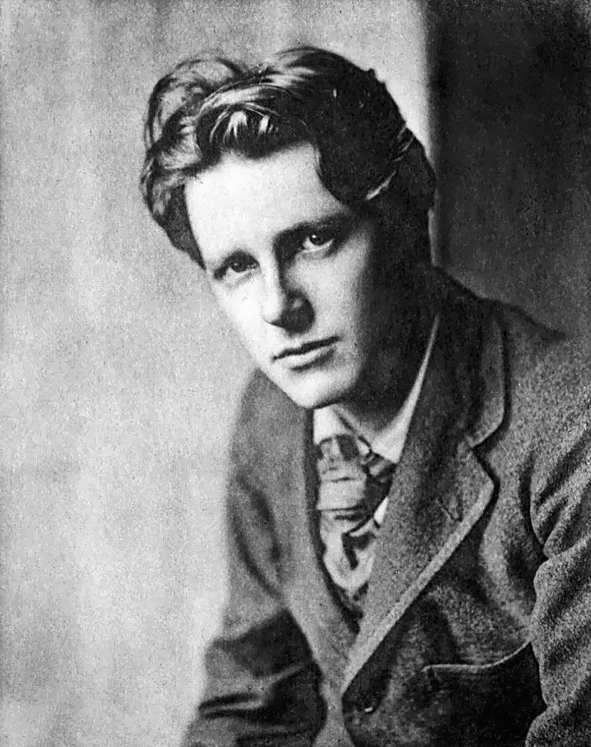
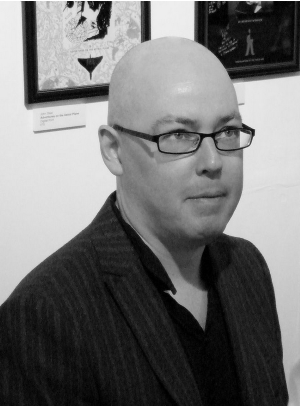
Barker, Pat (*8. May 1943), British novelist. She started the "Regeneration" Trilogy in 1991, three historical novels about WWI soldiers, their haunting memories and traumas, which were sometimes worse than their physical wounds.
Boyne, John (30. April 1971), Irish author who writes novels, short stories and books for young people. His 2006 Holocaust novel The Boy in the Striped Pyjamas became a world bestseller and was adapted in 2008 as a film.
Brooke, Rupert (3 August 1887 - 23 April 1915) was educated at Cambridge University in the years before WWI. After brief military service in Belgium, he wrote his idealistic war sonnets. "The Soldier" was published in The Times on 11 March 1915. Brooke did not live to see all the horrors of the Great War, because he died of blood poisoning in a French hospital ship before he reached Gallipoli (Turkey), where he was supposed to join the battle.
D 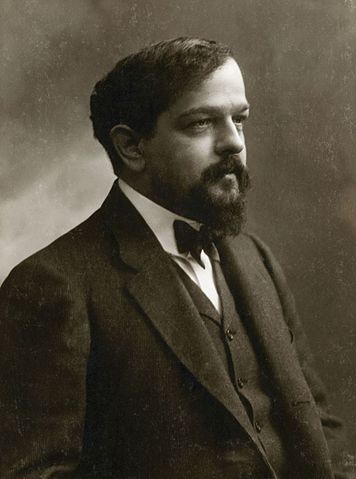
Debussy, Claude-Achille (22 August 1862 – 25 March 1918) was a French composer. He died of cancer at the age of 55.
Duffy, Carol Ann (*23 December 1955), Scottish poet, playwright and professor for creative writing. She was appointed Poet Laureate by Queen Elizabeth II in May 2009.
G
Géza Gyóni (25 June 1884 - 25 June 1917) was a Hungarian poet. He was called up to the Austro-Hungarian Army and became a POW (prisoner of war) in 1915. The Russians sent him to a camp in Siberia, where he died on the very day of his 33rd birthday.
K 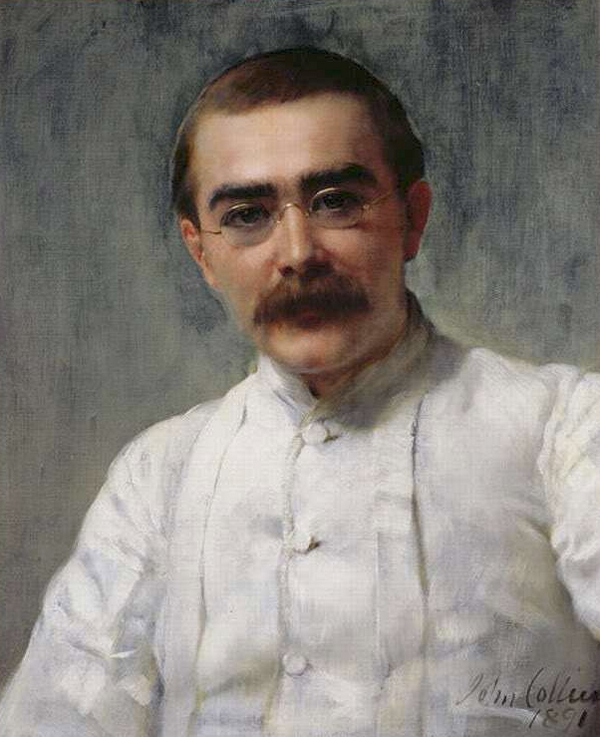
Kipling, Rudyard (30. Dezember 1865 in Bombay - 18. Januar 1936 in London), British journalist, writer and poet; Kipling wrote many children's books, among them The Jungle Book (1894). The Jungle Book is a collection of stories about Mowgli, a boy who is raised in the Indian jungle with the help of Baloo the bear and Bagheera the panther.
L 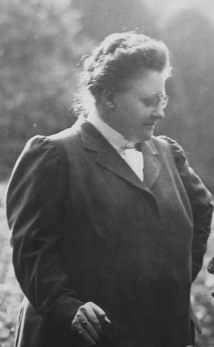
Lowell, Amy (February 9, 1874 – May 12, 1925), American poet from Brookline, Massachusetts
M
MacDonald, Nina published a book called Wartime Nursery Rhymes, in 1918. Details about her life are unknown.
Morpurgo, Michael (born 5 October 1943), English book author. He says about his own reading experience: "As a schoolboy I read the great poets of the First World War - Wilfred Owen, Siegfried Sassoon, Edmund Blunden, Edward Thomas, Thomas Hardy. I learned of ‘the men who marched away’, of ‘the millions of the mouthless dead’, understood ‘the pity of war'. I read Remarque’s All Quiet on the Western Front. I saw the film."
O 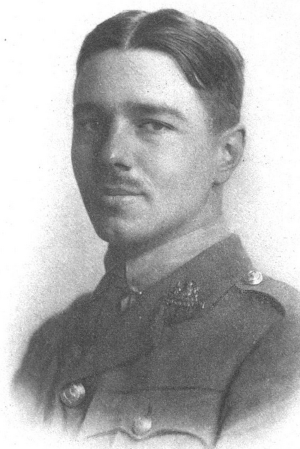
Owen, Wilfred (18 March 1893 – 4 November 1918) enlisted in October 2015; in 1916 he was diagnosed as suffering from shell shock. In Craiglockhart War Hospital he met Siegfried Sassooon, who encouraged him to write more poems. In July 1918 he voluntarily returned to the front and was killed in action at the age of twenty-five, only one week before the end of the war in November 1918. His friend Sassoon saw to it that Owen's poems were published posthumously.
P
Dame Postgate Cole, Margaret (6 May 1893 – 7 May 1980) was born in Cambridge. She worked as a teacher before she took up political work in 1917. She married G. D. H. Cole, a socialist, and wrote several books, for example detective novels.
R 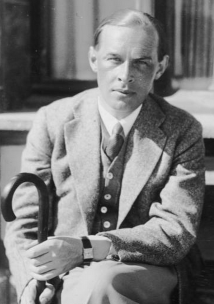
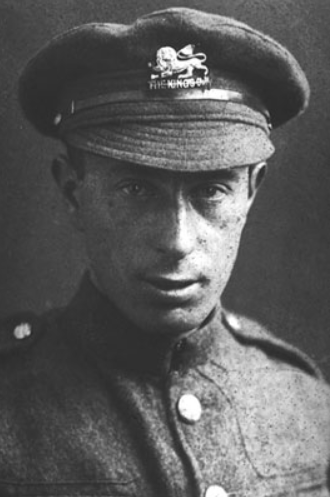
Remarque, Erich Maria (Erich Paul Remark, June 22, 1898 - September 22, 1979), German writer and pacifist. His anti-war novels were considered "un-German" by the Nazis and publicly burned in 1933. Remarque emigrated to Switzerland and later to the US.
Rosenberg, Isaac (25 November 1890 – 1 April 1918) studied Fine Art at the University College London. In 1914 he travelled to South Africa, where his sister lived. He enlisted in the British Army in autumn 1915, although he was critical of the war from the start. He actually wrote his poems in the trenches until he was killed on night patrol on the first of April 1918.
S 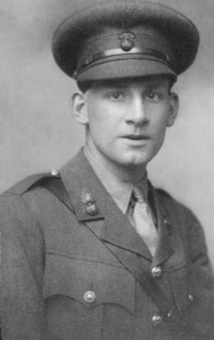
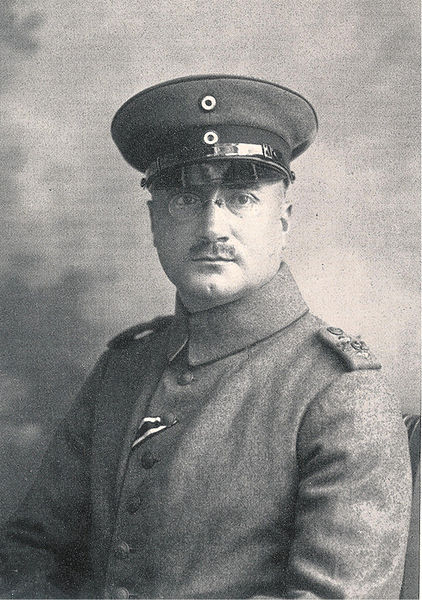
Sassoon, Siegfried (8 September 1886 – 1 September 1967), was one of the first patriotic volunteers for the British army. He was exceptionally brave, but some of his comrades called him "Mad Jack", because he took far too many risks. When Sassoon became horrified by the realities of WWI, he started to write very critical poems. His letter Finished with the War: A Soldier’s Declaration. (July 1917) caused a political outrage. Sassoon's friends were afraid he might be court-martialled, since he refused to return to his regiment, and arranged for him to be sent to hospital, where he was treated for "shell shock". At hospital he met Wilfred Owen and both became close friends. After Sassoon had finally decided to return to the front, he was wounded again, but survived. He is remembered today as one of the leading British war poets.
Stramm, August (29. July 1874 - 1 September 1915) was born in Münster, Germany. He became one of the most experimental dramatists and poets of his time. Stramm was made a captain in the Prussian Army in 1913 and took part in many battles on the eastern and western front. He was killed during an attack in Russia, on September 1, 1915.
T 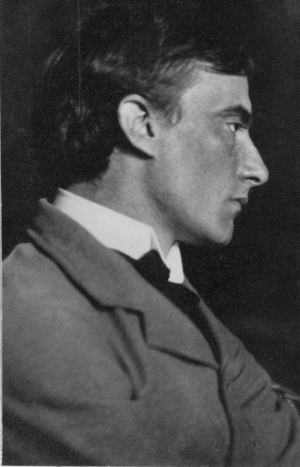
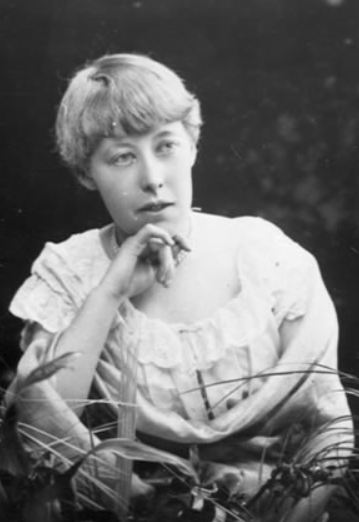
Thomas, Edward (3 March 1878 – 9 April 1917), British poet, literary critic and biographer. He was born in London into a Welsh family. As a married man he could have avoided enlisting, but he decided to join the army in 1915 and was killed shortly after he had arrived in France in 1917.
Tynan, Katharine (Katharine Tynan Hinkson, January 23, 1861 - April 2, 1931), Irish poet and novelist.
U
Ungaretti, Giuseppe (8 February 1888 – 2 June 1970) was an Italian poet and journalist. During WWI he served in the trenches and became appalled by the realities of war.
Illustrations:
Maggie Hannan, John Boyne at the Humber Mouth festival, 2009. Source: http://www.flickr.com/photos/walnutwhippet/3676173771/in/set-72157620383384151/. This file is licensed under the Creative Commons Attribution 2.0 Generic license; Remarque during his stay at Hotel Curhaus, Davos in 1929, Bundesarchiv, Bild 183-R04034 / CC-BY-SA 3.0 This file is licensed under the Creative Commons Attribution-Share Alike 3.0 Germany license;